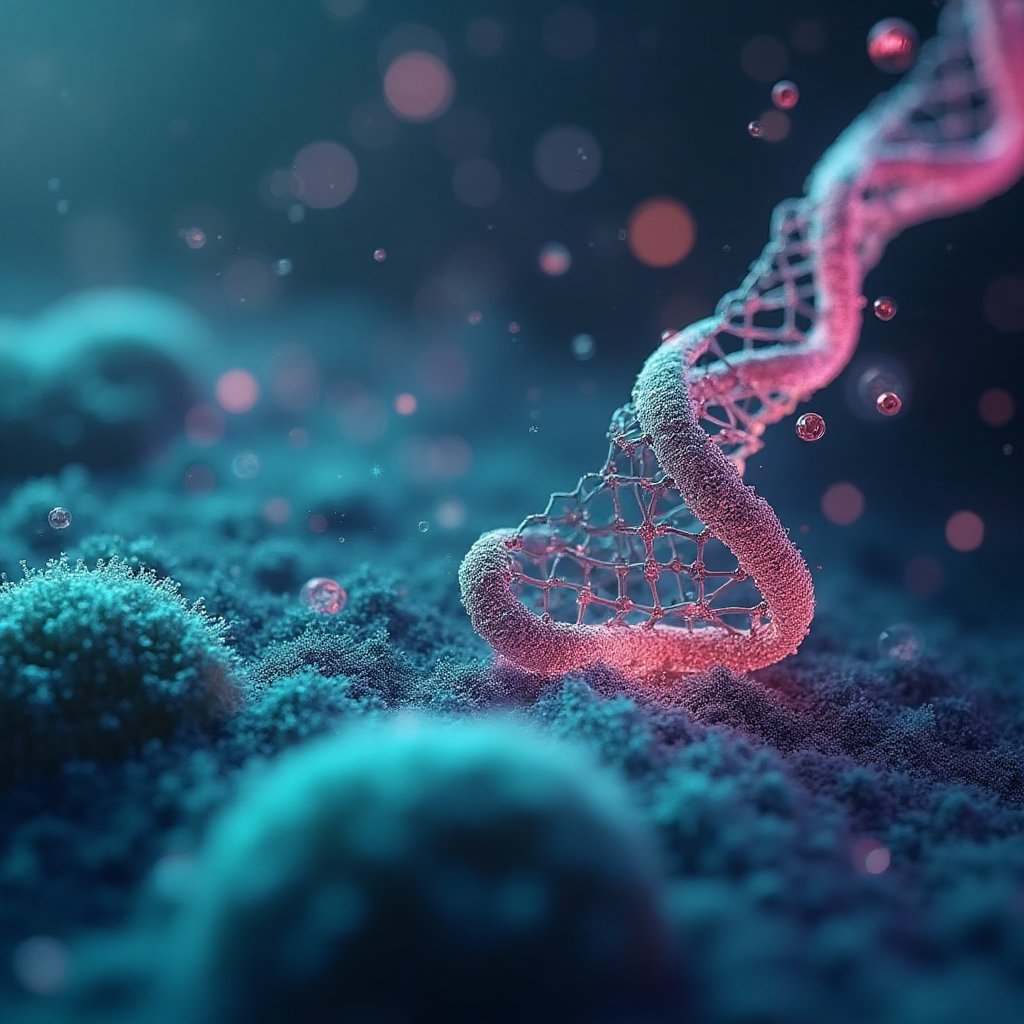High blood pressure is a silent killer. It’s sneaky, it’s dangerous, and it’s everywhere. According to Dr. Pradip Jamnadas, MD, a renowned cardiologist, high blood pressure is an epidemic that’s misunderstood and often mismanaged. But here’s the kicker: it doesn’t have to be this way. In this article, we’ll dive deep into Dr. Jamnadas’ insights, explore the root causes of high blood pressure, and uncover how you can take control of your health—without relying solely on medication. Let’s get to the heart of the matter.
Why High Blood Pressure is a Big Deal
High blood pressure, or hypertension, isn’t just a number on a chart. It’s a ticking time bomb. Left unchecked, it can lead to heart attacks, strokes, kidney failure, and even blindness. Dr. Jamnadas emphasizes that while medications are essential for managing high blood pressure, they’re not the whole story. The real issue lies in understanding what’s causing it in the first place. Spoiler alert: it’s not just “bad luck” or genetics.
The Myth of Essential Hypertension
For years, doctors have labeled 95% of high blood pressure cases as “essential hypertension”—a fancy term for “we don’t know what’s causing it.” But Dr. Jamnadas challenges this notion. He argues that there’s nothing “essential” about high blood pressure. In fact, most cases are linked to an underlying condition called metabolic syndrome. This is where things get interesting.
What is Metabolic Syndrome?
Metabolic syndrome is a cluster of conditions that include high blood pressure, low HDL (the “good” cholesterol), high triglycerides, and excess belly fat. It’s a metabolic mess that wreaks havoc on your body. But here’s the twist: not everyone with metabolic syndrome is overweight. Some people are “thin on the outside, fat on the inside,” meaning they have internal fat deposits that contribute to high blood pressure and other health issues.
Dr. Jamnadas explains that insulin resistance—a key component of metabolic syndrome—plays a major role in high blood pressure. When your body becomes resistant to insulin, your arteries don’t dilate properly, leading to increased blood pressure. The solution? Tackle the root cause: metabolic syndrome.
How to Reverse High Blood Pressure Naturally
Here’s the good news: high blood pressure isn’t a life sentence. Dr. Jamnadas has successfully helped hundreds of patients reverse their hypertension by addressing metabolic syndrome. Here’s how you can do it too:
1. Ditch Processed Foods
Processed foods are the enemy. They’re loaded with sugar, unhealthy fats, and artificial ingredients that fuel metabolic syndrome. Instead, focus on whole, unprocessed foods like vegetables, fruits, lean proteins, and healthy fats. Think of your body as a high-performance machine—it needs premium fuel to run smoothly.
2. Embrace Intermittent Fasting
Intermittent fasting isn’t just a trendy diet; it’s a powerful tool for restoring insulin sensitivity. By giving your body a break from constant eating, you allow it to reset and heal. Dr. Jamnadas recommends time-restricted feeding, where you eat all your meals within a specific window (e.g., 8 hours) and fast for the remaining 16 hours. This simple practice can work wonders for your blood pressure and overall health.
3. Move Your Body
Exercise is a no-brainer, but it’s worth repeating. Regular physical activity helps lower blood pressure, improve insulin sensitivity, and reduce stress. You don’t need to run a marathon—just find something you enjoy, whether it’s walking, swimming, or dancing.
4. Get Your Sleep in Check
Sleep apnea, a condition where breathing repeatedly stops and starts during sleep, is a common culprit behind high blood pressure. Even if you’re not overweight, you could still have sleep apnea. If you’re constantly tired or snore loudly, it’s worth getting checked out.
The Calorie Myth: Why It’s Not Just About Eating Less
Here’s where Dr. Jamnadas drops a bombshell: the calorie theory is dead. For years, we’ve been told that weight loss is all about calories in versus calories out. But the truth is, it’s not that simple. Hormonal imbalances, particularly high insulin levels, are the real drivers of weight gain and high blood pressure. When you address these imbalances through diet and lifestyle changes, the weight comes off naturally—and so does the high blood pressure.
What’s Missing in Your Blood Pressure Workup
If you’ve been diagnosed with high blood pressure, don’t stop at the prescription pad. Dr. Jamnadas recommends a comprehensive workup that includes:
- Insulin levels
- Inflammatory markers
- Triglyceride and HDL levels
- Triglyceride-to-HDL ratio
These tests can reveal the underlying causes of your high blood pressure and guide your treatment plan. Remember, knowledge is power.
Watch Dr. Jamnadas’ Full Video
For a deeper dive into this topic, check out Dr. Jamnadas’ video below. He breaks down the science in a way that’s easy to understand and offers practical tips for taking control of your health.
Final Thoughts: Take Control of Your Health
High blood pressure doesn’t have to control your life. By addressing the root causes—like metabolic syndrome and insulin resistance—you can reverse it and reclaim your health. It’s not just about popping pills; it’s about making sustainable lifestyle changes that benefit your body and mind.
So, what’s your next step? Will you take charge of your health and explore the root causes of your high blood pressure? Or will you continue to rely on quick fixes that only mask the problem? The choice is yours.
Join the iNthacity Community
Ready to take your health journey to the next level? Join the Shining City on the Web and become part of the iNthacity community. Share your thoughts, ask questions, and connect with like-minded individuals who are passionate about health and wellness. Together, we can build a brighter, healthier future.
Disclaimer
The information in this article is for educational purposes only and is not a substitute for professional medical advice, diagnosis, or treatment. Always consult your healthcare provider before making any changes to your health regimen.
As the Mayo Clinic states, “Lifestyle changes are essential for managing high blood pressure. These include eating a healthy diet, maintaining a healthy weight, and exercising regularly.”
Now, it’s your turn. What steps will you take to tackle high blood pressure? Share your thoughts in the comments below and let’s start a conversation!
Wait! There's more...check out our gripping short story that continues the journey: The Aeternum Codex
Disclaimer: This article may contain affiliate links. If you click on these links and make a purchase, we may receive a commission at no additional cost to you. Our recommendations and reviews are always independent and objective, aiming to provide you with the best information and resources.
Get Exclusive Stories, Photos, Art & Offers - Subscribe Today!


























Post Comment
You must be logged in to post a comment.